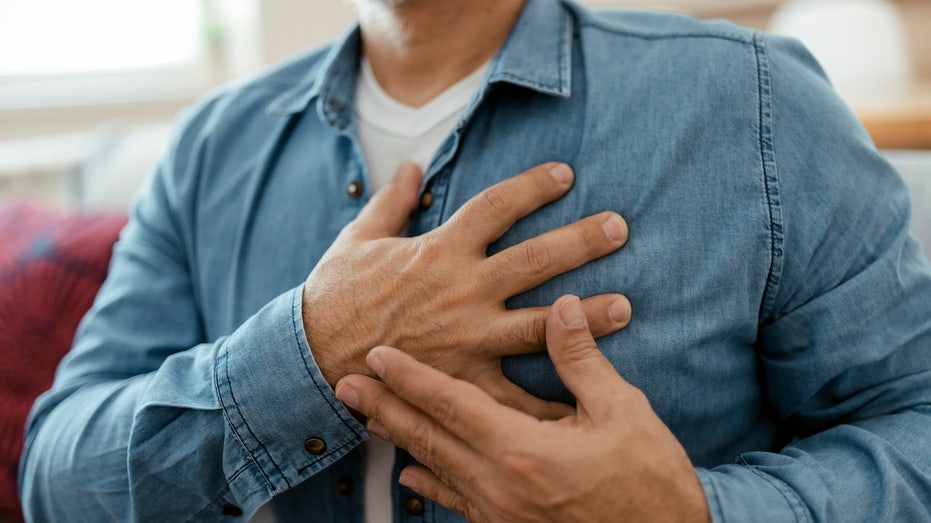Im a cardiologist heres how the summer heat could damage your heart
Extreme summer heat can weigh heavily on the body and mind.Skyrocketing temperatures can have a severe impact on heart health in particular especially for people with pre-existing conditions.Adedapo Iluyomade, M.D., a cardiologist with Miami Cardiac & Vascular Institute, part of Baptist Health South Florida, noted that hot weather causes the heart to work harder.4 TIPS TO GET A BETTER NIGHTS SLEEP DURING SWELTERING SUMMER TEMPERATURES"When our bodies heat up, blood vessels near the skin widen and send more blood outward to help cool us down," he said in an interview with Fox News Digital."To keep blood pressure steady, the heart speeds up and works harder, raising its oxygen demand."Heat puts extra strain on the heart and can cause dehydration or blood-thickening, which may trigger symptoms or events, according to Iluyomade.The cardiologist referenced a recent analysis of more than 6,000 heat exposure cases, which found that "even small rises" in core temperature can increase heart rates by nearly 30 beats per minute.EXTREME HEAT AFFECTS THE BRAIN HERE'S HOW TO PROTECT YOUR COGNITIVE HEALTH"Studies show that each 1C rise in temperature raises cardiovascular death risk by roughly 2%, and heat waves markedly increase the chance of heart attacks, heart failure and irregular rhythms," he said."[It's] enough to cause silent heart attacks in people with pre-existing coronary artery disease."Some heart medications can also "exaggerate" how the body responds to heat, according to the American Heart Association (AHA).For those who are living with heart conditions such as coronary artery disease, heart failure, high blood pressure or arrhythmias Iluyomade recommends taking precautions during the summer months.To avoid a cardiac event, it's best to avoid going outside during the hottest part of the day, to stay hydrated (including electrolytes), and to stay in cool, shaded areas, the cardiologist said.Even people who do not have existing heart problems should pay attention to warning signs of heat-related cardiac stress."Watch for concerning signs like chest tightness, increasing shortness of breath, racing heart, leg swelling or feelings of faintness," Iluyomade advised.CLICK HERE TO SIGN UP FOR OUR HEALTH NEWSLETTEROther red flags can include unusual feelings of fatigue, a sense of the heart pounding even during periods of rest, dizziness, nausea or confusion.The AHA also notes additional signs of heat stroke, including high body temperature (103 degrees Fahrenheit or higher) and hot, red, dry or damp skin.For more Health articles, visitwww.foxnews.com/healthIluyomade concluded, "Keep hydrated, take breaks in air-conditioned or shaded spots, avoid heavy effort during midday hours, and wear light, breathable clothing to help your heart manage summer heat."




